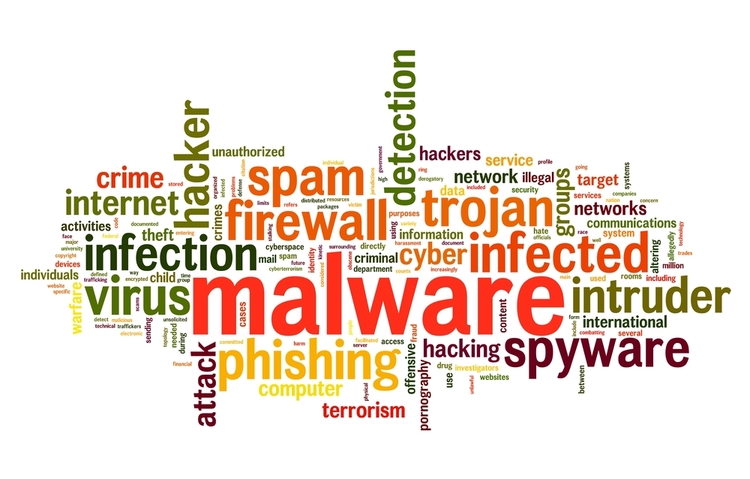Frequently Asked Questions
All You Ever Wanted to Know About Insurance
Risk Management: Safety
Cyber Security
Password Security Tips

The Internet has connected us to a world of new experiences, enabling us to expand our boundaries well beyond our physical location. We can visit a virtual art museum, order pizza and check our bank balance, all in one online session.
But as much as we can accomplish via the Internet, such experiences can be fraught with peril if we do not take the proper security measures. And when it comes to cyber security, the best first step is a strong password.
Choosing a strong password—and remembering it—can be a challenge, but it is your first line of defense against cyber attacks. The stronger your password, the more secure your computer and accounts may be.
Most people do not put a lot of thought into creating passwords beyond their pet's name or their birthday, but as the number of data security breaches online continue to rise, it is critical to have passwords that are difficult to break.
Not sure whether your passwords would pass muster? Here are a few tips to keep in mind:
- To create a strong password, use eight characters or more in an alphanumeric combination, upper and lower case combinations or symbols. You should avoid using complete words.
- Make your passwords cryptic so they cannot be easily guessed, but be sure it is something you can remember. To find the right balance between convenience to remember and difficulty for hackers, consider creating a unique acronym for a sentence or phrase you like or including phonetic or alphanumeric replacements for wording within the phrase.
- Avoid using personal information such as your name, birthdates, family or pet’s names or your company's name in your passwords.

Once you have created your strong password, you need to ensure it remains an effective line of defense. To keep your password strong:
- Never share your passwords with anyone. That includes coworkers, family members and friends.
- Choose different passwords for all of your accounts. Using the same password for each account is like using the same key to unlock your office, home and car —each site is vulnerable if the wrong person gains access to one.
- If you are a business owner, consider having automatic password expiration dates that require employees to enter a new password after a certain amount of time. Some companies set the expiration date at every 90 days. If you do this, consider not allowing employees to re-use older passwords for a specified number of iterations.
- Consider adding Identity Recovery Insurance to your personal or business coverage
To assist with remembering and managing all your passwords, try using a password manager to store your passwords on a secure database that is protected by a strong master password of your choosing. Password managers usually encrypt the stored passwords and can also generate random passwords.
Today's Internet-centric world demands users to stay vigilant about their security online. Creating and keeping strong passwords should be considered an imperative against data breaches and cyber attacks. Taking the extra time to create a strong line of defense early can help you avoid major trouble down the road.

Related articles:
- Identity Recovery Insurance
- How to Help Prevent Offline Identity Fraud
- Online Identity Theft Prevention
Source: Travelers article, Password Security Tips


